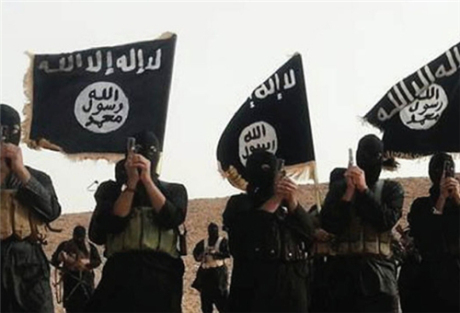
Is the Islamic State committing genocide?
Recently I had a chance to visit the Christian community of Tur Abdin in Eastern Turkey, a long standing community. The monasteries where I stayed dated to the 5th century AD. The people are generous and welcoming, but there is certainly a feeling of isolation and anger in the community as well. You can see Syria stretching out in the distance from the Mor Hananyo Monastery. The people have family and friends in Syria and Iraq. These are the Christians who have been subjected to the brutality of the Islamic State (IS) along with the Yazidi, Shabak and Shia people of the region. Yet, this is nothing new to the people of Tur Abdin.
The monasteries, with their austere beauty and clockwork way of life, give the impression of tranquility. The reality is that this region of the world has been subjected to repeated instances of inter-ethnic and inter-religious conflict. All but one of the people I spoke about the region and its history had lost family in the pogroms of the late 19th century, the terrible bloodletting that accompanied the collapse of the Ottoman Empire, down to the recent conflict between Ankara and the Kurds. Violence is woven into the historical fabric of life in Tur Abdin.
The people are horrified and scared of what is happened a few kilometers from their homes, but they do not expect anyone to help. They’ve seen this before. The international community condemns, prevaricates and retreats. Admittedly, things are starting to happen. Airstrikes against IS have escalated and now include strikes in Syrian territory. Greater assistance is being given to the Kurdish Peshmerga, moderate Syrian forces and the Iraqis. However, this is insufficient. The world needs to decisively intervene in this conflict because the Islamic State is attempting to commit genocide against the minorities in their territory and we all have an obligation to stop them.
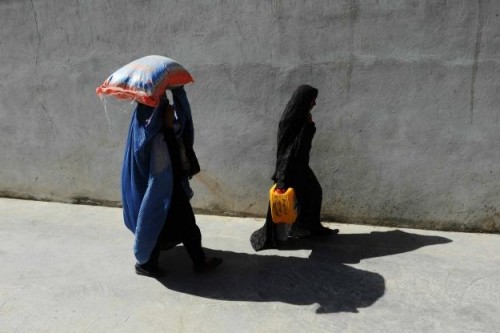
Stabilising provincial Afghanistan: How to get It right
Kabul’s ongoing presidential election negotiations aren’t the only dramatic transition underway in Afghanistan. The ambitious U.S.-led “surge” launched in 2009, which bolstered foreign troops mainly in southern and eastern Afghanistan, has given way to a drawdown, paralleling a major downsizing in the development sphere. Aid budgets are contracting, and provincial reconstruction teams (PRTs) and other subnational civil-military installations — long key international platforms to distribute aid and engage local politics outside Kabul — are closing down.
As the local-level foreign official presence phases out of more volatile and remote areas, how should donor assistance strategies adjust? A new paper from the U.S. Institute of Peace, which builds upon fieldwork from the past three years, argues that 2014 marks an important opportunity for donors to recalibrate three central tenets of their subnational governance and development strategy.
First, donors should revise their conceptions of assisting Afghan government “service delivery.” To be sure, delivering services seems commonsensical in a country that sorely lacks them, but PRT-based projects often confused their ambition to cultivate recurring services with their reality of launching a constellation of unsystematic and often one-time projects. The sheer numbers of foreign personnel and agencies operating at the subnational level — all responding to a higher-level focus on “burn rates” — further fueled the disparate character of aid distribution.

“When is Genocide Permissible?” Never.
Last week Yochanan Gordon posted a blog entry on The Times of Israel’s website entitled “When is Genocide Permissible?” The answer to this question so blatantly obvious that one has to wonder why the question was asked. Indeed, this inaugural post was almost one word long. However, I felt compelled to look at Mr. Gordon’s reasoning given that it has caused such outrage among people on both sides of the conflict. To borrow from J.S. Mill, doing otherwise makes dead dogma out of living truth (Mill, 37). Genocide is obviously evil, but the forensic examination of an argument with which we disagree is the best way to refute it and, hopefully, convince those who hold it to put it aside.
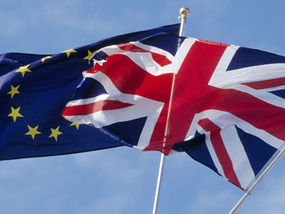
Can the EU Afford to Lose the UK?
In her book Statecraft, published in 2002, Lady Thatcher wrote, “The blunt truth is that the rest of the European Union needs us more than we need them.” We may soon learn how true Maggie’s words are. In the United Kingdom, some of the most prominent businessmen, journalists, and academics are trying to convince Britons that a British exit, or “Brexit,” would be a disaster for their country. In the rest of the EU, a Brexit does not seem to be a sensitive issue; in fact, many continental pundits seemed happy to see Britain leaving the last European Council with a bloody nose after the fight about Jean-Claude Juncker. Will the EU be better off without Great Britain? Or will a Brexit herald the fall of the EU?
The Geopolitics of Culture: Five Substrates
Culture has a salient geopolitical relevance in a world that defines itself by much more than diplomatic exchanges and inter-state relations. This is primarily because of the deeply visceral and emotional connotations associated with identity issues. This has been the case throughout history, as exchanges have taken place between people of different cultures for millennia, but today they are marked by unprecedented intensity and scope of relations. This offers great opportunities on a number of levels but also has the potential to initiate tension or conflict when combined with injustice, inequalities and insecurities.
Cultures are cognitive structures that shape how people view themselves, relate to the world and to each other. As I have explained in my theory “emotional amoral egoism”, human beings are motivated above all else by emotional self-interest. This includes ego, which entails negotiating between inner needs and social context and which requires a sense of belonging and a positive identity. Identity performs its functions by drawing boundaries. If the social context precludes a stable and positive group identity– for instance, because of being negatively defined by others – people are more likely to generate a resistance identity, with boundaries that appear impermeable and safe, or by engaging in identity construction that can lead to xenophobia, rigid ethnocentrism, or forms of ideological radicalism. Because of the emotional nature of identity issues, identity construction has to be authentic to each group itself and will be rejected if defined by others.
Having a positive group identity and self-identity does not have to imply denigrating difference, even if one’s own group is ultimately preferred. I would even argue that cultural and ethnic diversity can be thought of as benefiting humanity’s future, survival, strength and excellence. It promotes what I call cultural vigor similar to the way in which molecular and genetic diversity promotes “hybrid vigor” in nature and thus strength, resilience and a higher potential for a problem-free future. However, in order to yield such productive results, cultures and sub-cultures need to evolve in a non-exclusive manner in a context of transcultural security.

New issue of St Anthony’s International Review
St Antony’s International Review (STAIR) is proud to announce the publication of its 19th issue, “Thinking Beyond the State: Emerging Perspectives on Global Justice”. The launch event will take place on 17th June 2014 at 5 p.m. in the Department for Politics and International Relations at the University of Oxford. More information on the event can be found here.
In this issue, we ask, how should processes of neoliberal globalisation make us think about global justice beyond the state? There are broadly two possible approaches to this question. First, we might turn from the state to supra-national state institutions. Second, we might think beyond state institutions as such. The academic global justice debate has tended to focus on the first approach. With this issue we intend to broaden the debate by taking seriously the potential of non-statist political and social movements to address global injustices.
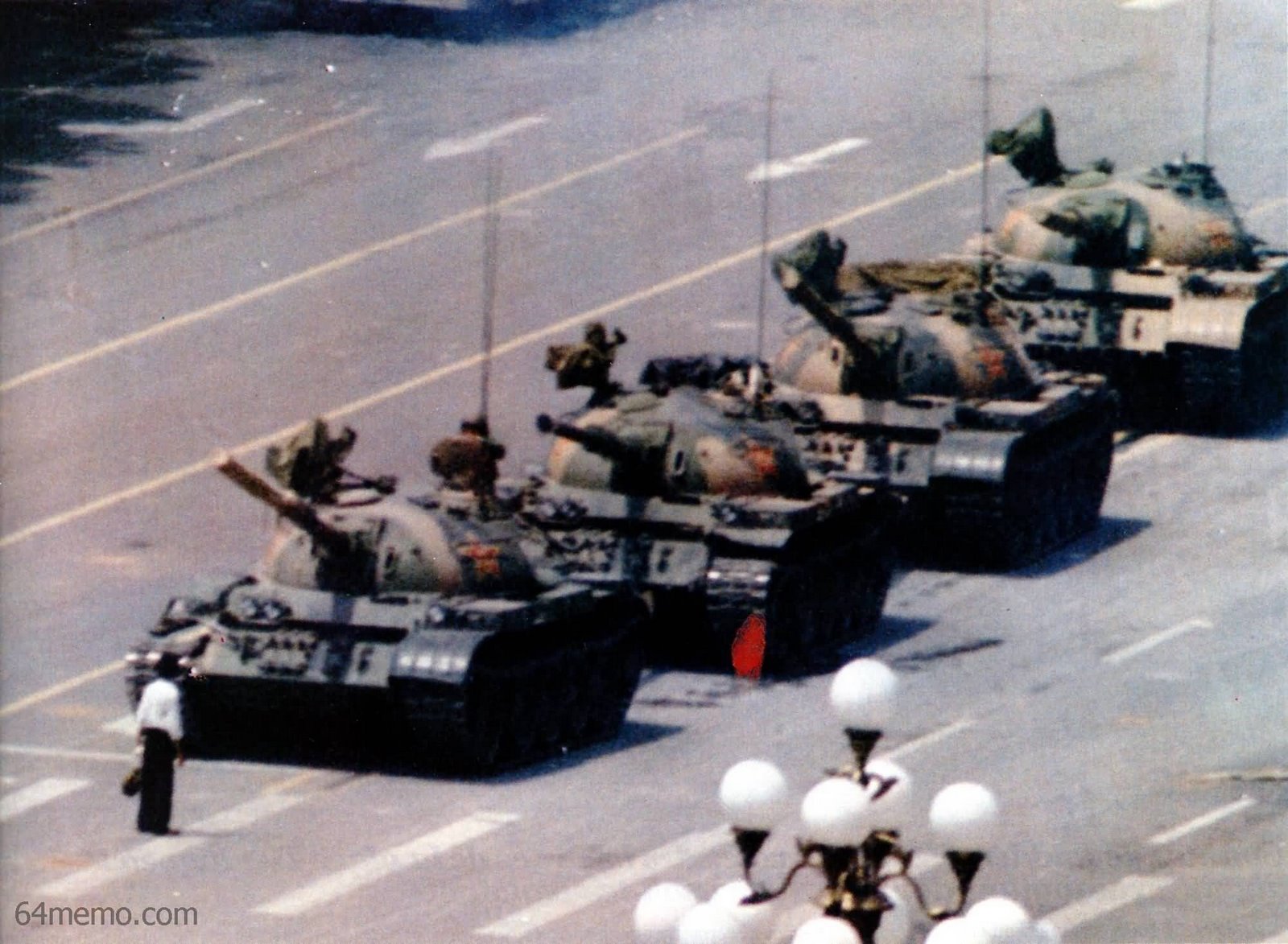
The Anniversary of Tiananmen
4 June 2014 marks the 25th anniversary of the quelling of the demonstrations in Tiananmen Square. The event was a near-death experience for the Chinese Communist Party, which turned its tanks on the workers and students in the centre of Beijing. Even today, the subject is taboo in China itself; the subject is never discussed, and when mentioned (rarely), it is captured in the vague term “turmoil.”
Yet the event still haunts China today. It haunts China’s reputation. Because the subject has never been discussed, debated, or mourned, it still stands as a central point in the critique of China’s government around the world. However much China’s economy grows, its education system changes, its international standing increases, the “memory hole” in the centre of its contemporary history remains and can always be brought up as a criticism – as long as China refuses to deal with this most traumatic event in its recent past, it cannot fully engage with a world where openness, transparency, and connection is so much more important than it was even in 1989.
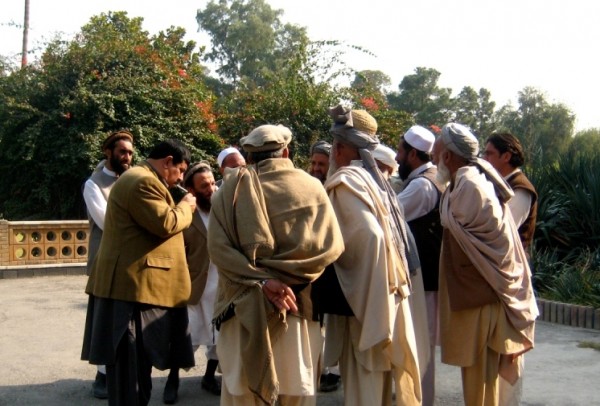
Lessons from Afghanistan: Warlord politics aren’t always bad for democracy
“Without branding all generals and statesmen as murderers or thieves … a portrait of war makers and state makers as coercive and self-seeking entrepreneurs bears a far greater resemblance to the facts than do its chief alternatives: the idea of a social contract, the idea of an open market … the idea of a society whose shared norms and expectations call forth a certain kind of government.” Charles Tilly, 1985
As Afghanistan’s election season marches on, Charles Tilly’s unsavory portrait of statesmen as “coercive and self-seeking entrepreneurs” seems eerily resonant. Observers worry that despite record turnout by voters, the campaigns featured opportunistic deals between power brokers with checkered backgrounds and that those bargains will determine the election’s ultimate outcome. Indeed, over the past decade foreigners and Afghans alike have bemoaned the slippery and self-interested machinations of Afghanistan’s ruling class. The international community has invested a great deal to help the Afghan state move toward the ideals of good governance we associate with liberal democracy in the West. Why has progress been so halting?









